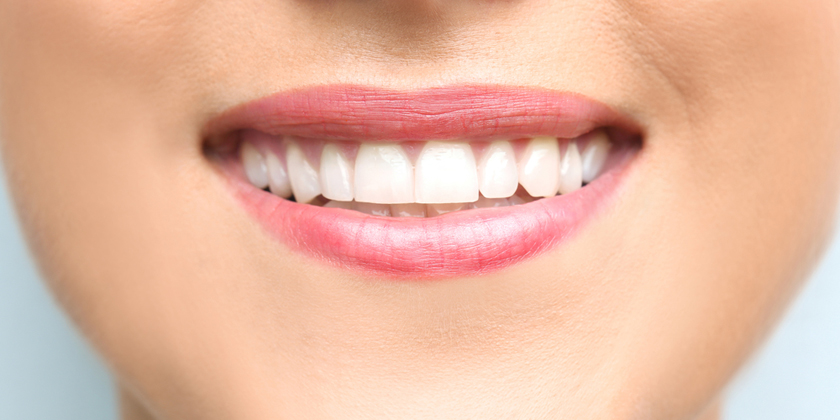One tried and true approach to preventing and treating gum disease is to remineralize the teeth, which can be done through dental Microbiome rebalancing. Below is an explanation of how this works and why it’s important.
How The Immune System Aids In Microbiome Rebalancing
Recent studies have indicated that as much as eighty percent of the human immune system can be found inside the gut or belly. Most people have heard of the term “immune system” but few actually know what it is. The immune system is made up mostly of microbes which form a protective shield against outside invaders, by producing antimicrobials and creating an immune response. The immune system also plays an important role in vitamin production and digestion.
Inside the human mouth is an extensive collective of organisms which form what is called the dental microbiome. The oral cavity is the gateway into the digestive tract, where most of the immune system can be found. This is why a growing number of researchers consider Dentistry to be one of the most important medical specialties, because if oral health become compromised, so will the health of the rest of the body. The mouth has good and bad bacteria, and if the bad bacteria begin to predominate this is when dental problems will appear.
The Role Plaque Plays In Remineralizing Teeth
While plaque is commonly seen by many people as being bad, the issue is a bit more complicated. First, plaque formation cannot be stopped, nor should you want it to be. Plaque is the same as biofilm, and a biofilm is a colony of diverse types of microbes. Each of these biofilms will differ in quality. Some promote health, while others will compromise it. Actually, biofilms go through multiple stages as part of their life cycle.
Human saliva will constantly interact with tooth enamel which leads to the creation of a pellicle, which is a layer of protective protein. After the pellicle appears, aerobic bacteria (which enjoy oxygen) will attach themselves to it. This is the good bacteria. However, as time goes on, other microbes will attach themselves to the biofilm, and will create an enzyme that is sticky which makes the biofilm thicker and invites yet more microbes to join. As this occurs the amount of oxygen will decline, which allows anaerobic bacteria (bad bacteria which do not like oxygen) to thrive.
A plaque colony that becomes fully mature will harbor microbes which will cause disease, and they will also seize important minerals such as phosphorous and calcium. Both of these are important as your saliva needs it for tooth remineralization. To effectively remineralize your teeth, you will want to ensure your biofilms remain thin, as a biofilm which is thick and calcified will allow bad bacteria to thrive. Second, you will want to maintain high oxygen levels, as this will allow the good aerobic bacteria to keep the bad bacteria in check.

